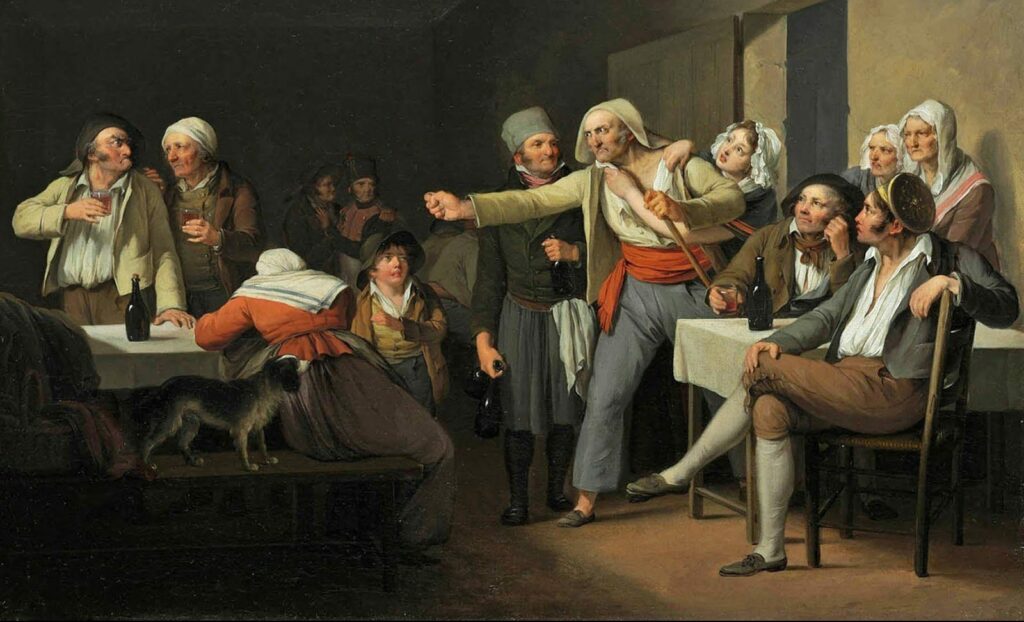Short Story
How to Write a Story Outline
The story outline is a tool to scaffold your story idea into a polished work of fiction. By creating your own story outline, you can give yourself a trellis to…
Read MoreWhat is Freewriting? + Prompts to Elevate Your Writing Process
If you’re trying to write but can’t get the words flowing, freewriting can jumpstart the writing process. Freewriting is a no-pressure method of simply getting words on the page: similar…
Read MoreBest Online Writing Communities: How to Find Your Writers Group
The best online writing communities connect you to the literary world at large, supporting your craft and creativity while helping your voice be heard. At the same time, the internet…
Read MoreHow to Write Dialogue in a Story
The rules of good dialogue writing vary greatly from character to character—but if you’re wondering how to write dialogue in a story, this guide will help you develop characters that…
Read MoreHow To Write A Good Story
Writing a short story is a great way to get creative, express yourself, and produce something you can be proud of. And the good news is you already know how…
Read MoreLiterary Motifs: What is a Motif in Literature?
When a work of literature employs an image or idea in repetition, that image or idea might be a motif. Literary motifs describe noteworthy repetitions whose presence in the work…
Read MoreSymbolism in Literature: What Symbolism Is, and How to Use It In Your Writing
Symbolism describes the use of concrete images to convey abstract ideas. Because this literary device is widely open to interpretation, and because many readers form different relationships to concrete objects,…
Read MoreWhat is an Unreliable Narrator?: Penning the Prevaricating Protagonist
When you can’t trust the person who’s telling you a story, we typically refer to them as an unreliable narrator. An unreliable narrator is someone whose account of the story…
Read MoreWhat is Free Indirect Discourse? Writing the “Intimate 3rd Person”
Free indirect discourse is a narrative technique in which writers employ the third person POV with the intimacy of 1st person perspective. While this technique became popularized in the 20th…
Read MoreCapturing the Art of Storytelling: Techniques & Tips
It is hard to describe the art of storytelling, but you know good storytelling it when you read it. You read a passage of prose and it raises your arm…
Read More









